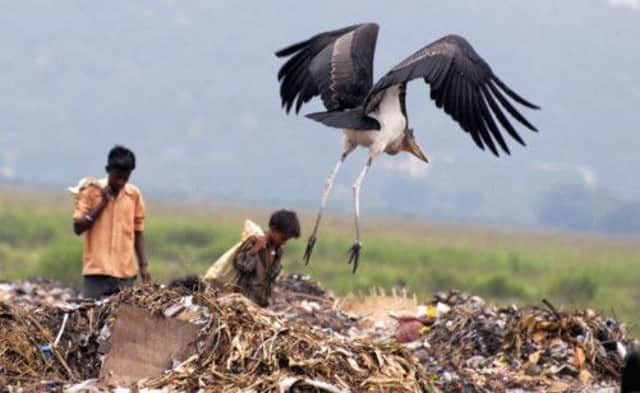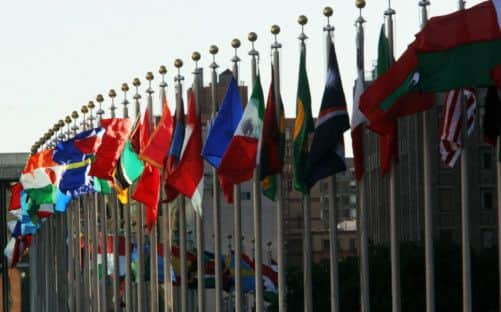Fragile states need more help from global partners


Next week, a strategy to create a new Global Partnership that will eradicate global poverty will be presented at the UN General Assembly in New York. The work of an international panel appointed by UN Secretary-General Ban Ki-moon, and co-chaired by Prime Minister David Cameron, the report outlines an approach to steer a post-2015 agenda to succeed the eight UN Millennium Development Goals established in 2000.
These goals covered poverty alleviation, education, gender equality and the empowerment of women, child and maternal health, environmental sustainability, reducing HIV/AIDS and communicable diseases and building a global partnership for development. With sustainable development at its core, the new report from the High Level Panel calls for peace and good governance, eradication of extreme poverty by 2030, transformation of economies to create jobs, and to forge a new global enabling environment that will catalyse long-term finance.
Fragile states, health systems and gender-based violence


Advertisement
Hide AdAdvertisement
Hide AdThe Institute for International Health & Development at Queen Margaret University, a centre of excellence in research, teaching and technical support with a focus on the social processes that determine health and wellbeing, is urging governments to focus on tackling inequality, particularly as it affects three intersecting priorities to achieve the transformational shifts outlined in the High Level Panel’s report post-2015; fragile states, health systems and gender-based violence.
In many cases implementation in international development and health has focused on states where it is easier to achieve pre-set targeted outputs. This has the result that fragile states, such as Zimbabwe, Somalia and Sierra Leone which are emerging from conflict or have a weak capacity to govern, have not always received the additional support required to achieve development goals. To ensure that no-one is denied basic economic opportunities and human rights there needs to be a focus on fragile states, home to some of the poorest and most vulnerable people in the world.
The second priority highlighted by the Institute for International Health and Development is in healthcare systems, an area where QMU has established a formidable global reputation for expertise. Governments have to ensure they have the systems in place to support the consequences of their decisions. For example, managing the health workforce to ensure it provides an effective and adequate response to the population’s health needs is central to sustaining the success of any transformation.
Rather than funding small ring-fenced health projects into say, malaria, where development workers pack up and go on completion, the focus should be on improving whole health systems. Good training and administration may not have the same dramatic appeal as high-profile interventions where results are immediately tangible, but only by encouraging governments to take a role in establishing quality controls and good human resource practice will equitable, sustainable health provision be available to those who need it most.
Basic human rights
The third area is the prevention and eradication of gender based violence, currently a top priority for the UK government’s Department for International Development. This area was left out of the millennium development goals but is hugely significant for health outcomes, gender equality and basic human rights. In tackling violence against women, and the fear of violence that women face, governments will reach some of society’s most vulnerable people.
Scotland has a long history in international development, and has contributed to the millennium development goals through a number of projects such as “Mary’s meals” which began as a humanitarian relief program in Malawi and now promotes greater enrolment in primary education.
The High Level Panel’s report on the post-2015 Development Agenda calls for new post-2015 goals to drive five transformative shifts to eradicate extreme poverty, produce a holistic approach to sustainability, transform economies and build peace underpinned by a new global partnership based on mutual respect and benefit. By prioritising attention on working with fragile states, creating sustainable health systems and eradicating violence against women, development goals are more likely to be achieved.
• Professor Barbara McPake is director of the Institute for International Health and Development at Queen Margaret University